Start with the self
My journey to going green and reducing plastic began even before I was aware that I was going green! I started using tampons some 25 years ago when menstruation was taboo – not because I was aware that disposable pads were bad for the environment but because tampons gave me the freedom to swim and play and travel. When I first heard about menstrual cups over a decade ago (it was 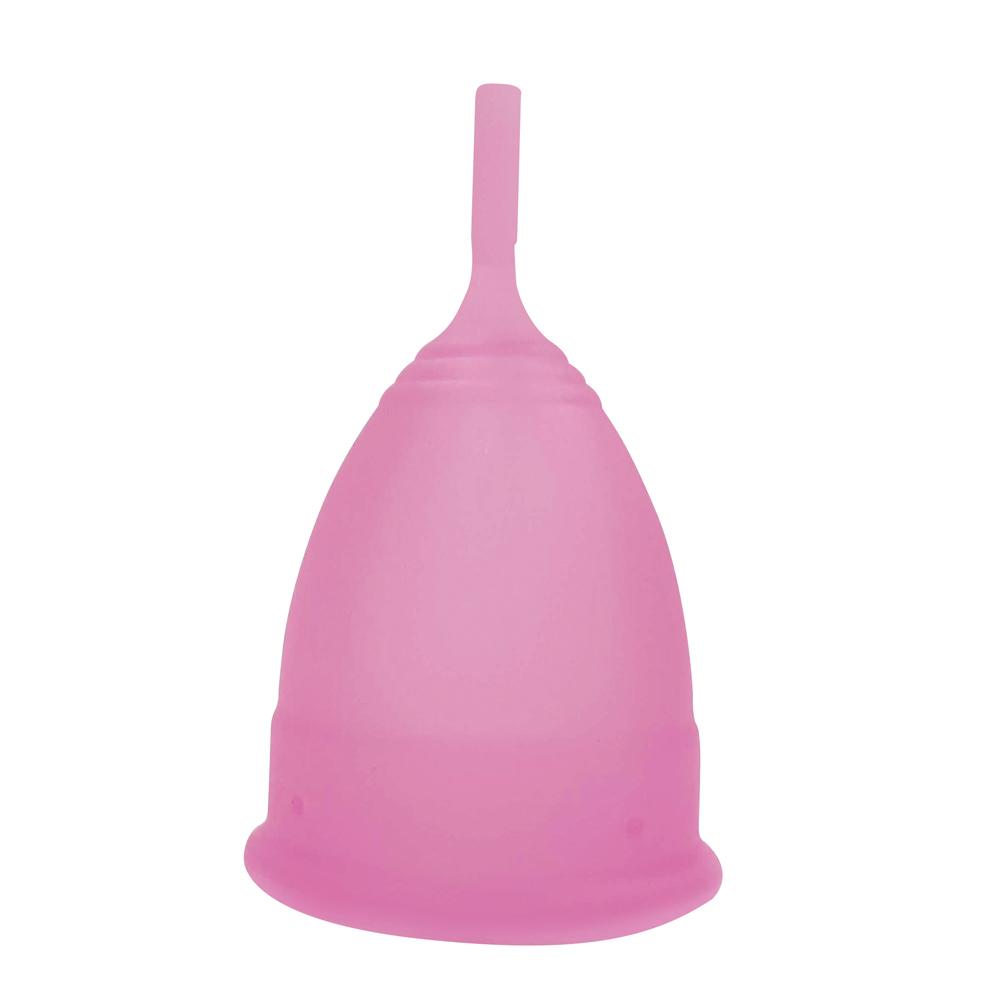 almost unheard of then), I was blown away. I quickly ordered one and started using it. Yes, the green part was attractive but honestly, at that time saving even the money spent on tampons was a bigger attraction. I assumed our lives were green just because we worked and lived in a village in Assam with abundant greenery. Little did I know that things would soon start shifting in my life.
almost unheard of then), I was blown away. I quickly ordered one and started using it. Yes, the green part was attractive but honestly, at that time saving even the money spent on tampons was a bigger attraction. I assumed our lives were green just because we worked and lived in a village in Assam with abundant greenery. Little did I know that things would soon start shifting in my life.
Generally, parents are supposed to teach their kids to be good, behave well etc. But it was my daughter – influenced by her green++ but water-scarce school in drought hit rural Andhra Pradesh – who first pushed me to start behaving better with the environment. At the age of 8 ½ years and four months into a boarding school, the first time she came home for holidays, she drove us crazy pushing us to shut taps even before we had finished brushing. Over the years and over many term holidays, we would get scolded if the light was on when we left the room, if we brought home unnecessary plastic bags, used chemical laced shampoos etc.
Adults think we know a lot and our egos do not allow us to learn as fast…
But even the most hard-boiled ego cannot ignore the sincere and urgent voice of a child’s care and love for her planet. That mixed with solid guilt about the way we adults have badly messed up our planet. So following in my my daughter’s footsteps, I started my own green journey.
Plastic Bags to being Plastic Free
The first and obvious target was reducing use of plastic bags while marketing.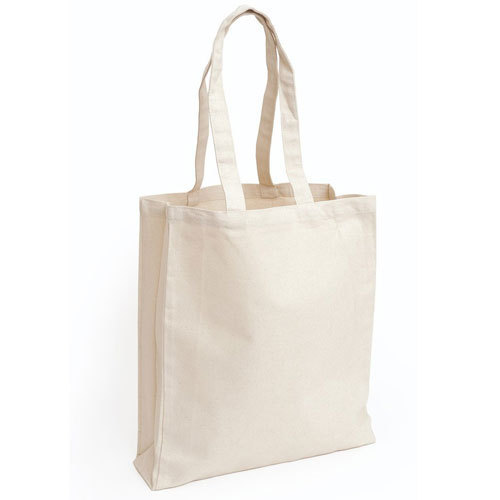
Carrying one’s own bag was easy enough to replace plastic bags for vegetables and fruits but how does one stop buying daal, salt, sugar, atta, spices and such items in plastic bags? We tried carrying the empty sugar and daal containers to the market for refilling but it became a challenge as one does not wait till containers are completely empty to start refilling! Then, remembering to carry a container for every small item we need was another. But recently, was thrilled to have found a better solution…. Have started using small close-knit mesh cloth bags for buying sugar, daal, rice.
Also got an egg carrying tray and do not need to buy eggs packed in plastic bags anymore.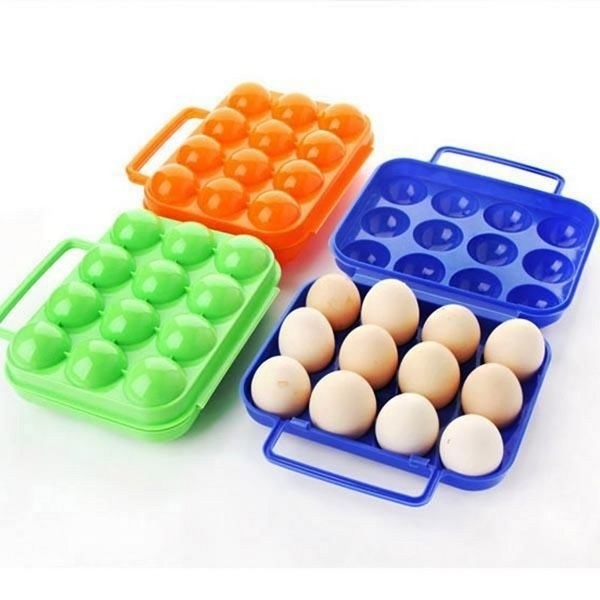
But still stumped about how to buy spices, oil and salt not packed in plastic. With more and more items now being branded and sold in attractively printed plastic packaging, am still struggling with this challenge.
However tempted, I avoid buying plastic-packed-in-plastic stuff – like those sinful but mouth-melting chocolate-filled cookies packed each one in its own little plastic covers.
Then, tougher to avoid (especially when feeling more than a bit peckish while travelling – which is over 50% of my work life) are those small 5-rupee packets of bhujia, moong daal etc. But unless absolutely famished and dying, I have started avoiding these.
Then slowly and very slowly, I have seen myself trying to move from only removing plastic bags from my life to trying to greening my life in other ways.
Moving to fountain pens from plastic gel pens was easy – fountain pens made my scrawly hand-writing more handsome!
What has been more interesting is pushing it further – I have discovered that using a pencil to take notes and rubbing it off after the work is done and re-using the page helps me extend the life of the note book. Even more exciting a discovery for me – there is so much one can actually do without!
Expanding the Green Bubble around me
Having experimented with greening my own life, I realised we need to do more and hence started extending greener ideas to the NGO we run.
Serving food in banana leaves disappeared when paper plates and cups entered the market. And now, abundantly available cheap plastic cups and plastic plates (used in every community feast in the village – be it birth, marriage, death, festivals etc) are making eco-friendly options harder and harder to find. In events we organise, we have banned plastic cups and plates when we serve food. Its crazy but at times, we have to organise to carry plates and cups from 50 to 100 kms away to the venue of the event. We have recently started encouraging our participants – especially at events involving large number of children – to carry their own cups and plates from home.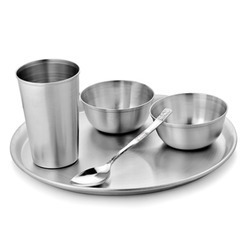
The business of NGOs calls for a lot of workshops, trainings, meetings and conferences. A lot of waste gets generated. From plastic covered name badges to plastic folders, plastic pens and reams of print-outs and photocopied materials (which most participants never end up reading – even in the seminar!) and recently, a proliferation of those 500 ml bottled water. We are trying to change that. In our meetings, trainings and conferences, we put re-fillable bottles on the tables and for longer trainings of a couple of days, we have even started giving re-fillable bottles for people to fill and carry around.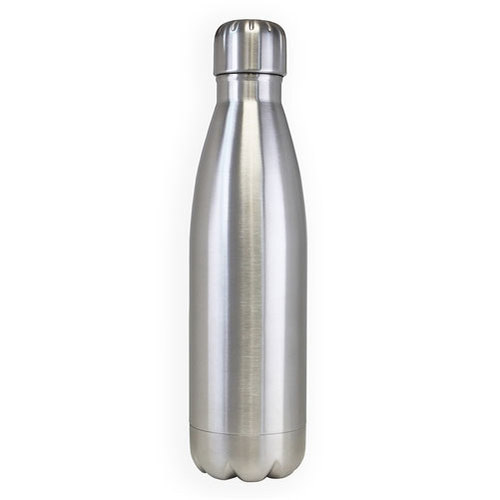 They return the bottle when the training is over and if they want to take it home, they just pay for it and take it. Then, instead of giving plastic ballpoint pens, we started giving fountain pens and people were really kicked by the idea – most had not used a fountain pen since they left school many decades ago! We are now pushing it further – in training programmes, we have now started giving our participants non-wood pencils made of paper and even those seed pencils. We do not give plastic folders at all. Some people might say these are tokenism but we feel the message is as important as the small steps we are taking.
They return the bottle when the training is over and if they want to take it home, they just pay for it and take it. Then, instead of giving plastic ballpoint pens, we started giving fountain pens and people were really kicked by the idea – most had not used a fountain pen since they left school many decades ago! We are now pushing it further – in training programmes, we have now started giving our participants non-wood pencils made of paper and even those seed pencils. We do not give plastic folders at all. Some people might say these are tokenism but we feel the message is as important as the small steps we are taking.
And blowing the bubble bigger…..
Aghast when a shopkeeper shared that customers buying even just one small matchbox ask for a plastic bag to carry it in – I feel I need to blow my green bubble bigger. Much to the annoyance of many, I have started stopping complete strangers in market places and requesting them to carry their own bags instead of taking plastic bags for each and everything. It is not easy reaching out to complete strangers, and the first few times, I chickened out. It is much easier minding my own business and taking my own small green steps instead of throwing myself open to ridicule and rejection of my plea. But then I realised, with the huge ecological crisis before us, “minding my own business” is a luxury!
We are all inextricably linked and their choices are bound to affect me and the generations after me. So, I need to speak up.
When I recently stopped a well-dressed gentleman carrying 7 to 8 plastic bags in the Thursday Beltola Bazaar in Guwahati, I was a bit apprehensive of his reaction. But to my surprise, he stopped and listened and even thanked me for sharing and promised to work on reducing his use of plastic for shopping. That was small but a significant booster!
And so, the journey continues on this road that my daughter set me on some years ago.
About the Author: 
Jennifer/ Jenny is a development professional working with the ant, an NGO working for the development of villages based in Chirang district of Bodoland, around 200 kms from Guwahati, the Capital of Assam. Her current plastic footprint is 11.4 kilos per year from which only 1.5 kilos is single use products.
visit: theant.org to know more about Jenny’s work.

